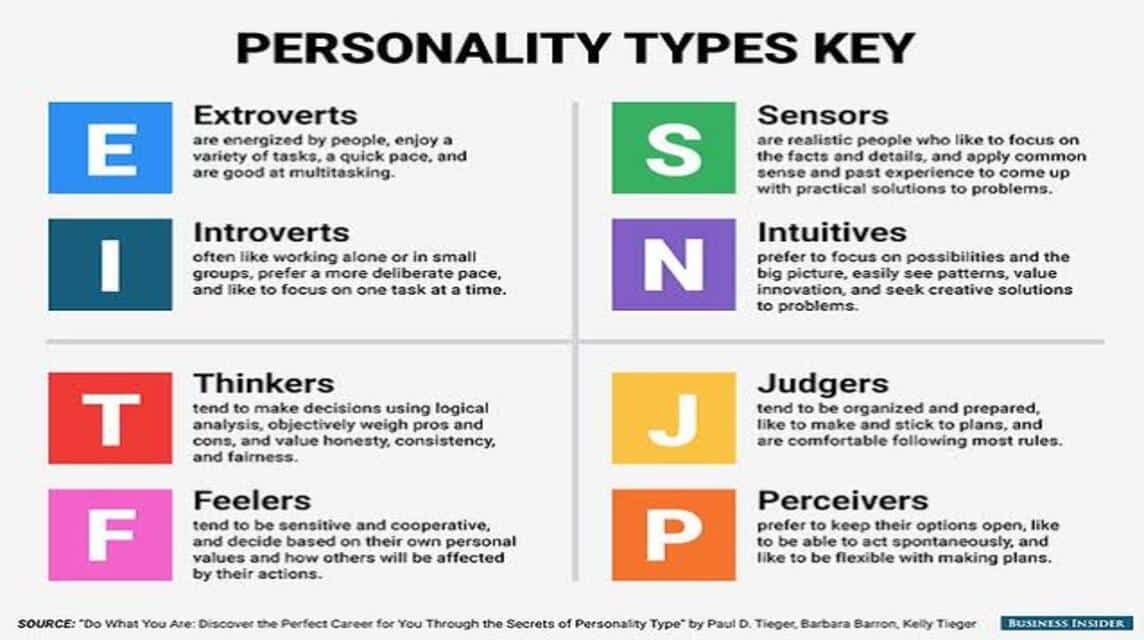Our personality chemistry plays a crucial role in shaping our interactions, relationships, and overall life experiences. It determines how we connect with others, resolve conflicts, and build meaningful bonds. Understanding this concept can significantly enhance our interpersonal skills and improve the quality of our relationships.
Have you ever wondered why some people instantly click while others struggle to find common ground? The answer lies in the intricate dance of personality chemistry. This fascinating field explores how different personality traits interact and influence our daily lives. By delving into this subject, we can gain valuable insights into human behavior and strengthen our connections with others.
This comprehensive guide aims to provide a deep understanding of our personality chemistry. We'll explore its various aspects, including personality types, compatibility factors, and practical strategies for improving relationships. Whether you're looking to enhance personal relationships or professional partnerships, this article will equip you with the knowledge and tools needed to succeed.
Read also:Affordable Housing In Queens A Comprehensive Guide To Finding Your Perfect Home
Understanding Personality Chemistry Basics
Personality chemistry refers to the way individual personality traits interact and influence each other in social situations. This concept encompasses both conscious and unconscious factors that affect how people perceive and respond to one another.
The foundation of personality chemistry lies in understanding basic personality traits. These traits can be categorized using models such as the Big Five Personality Traits, which include openness, conscientiousness, extraversion, agreeableness, and neuroticism. Each trait contributes uniquely to how individuals interact with others.
Key Components of Personality Chemistry
- Temperament: Innate tendencies that shape emotional responses
- Personality Traits: Stable characteristics that influence behavior
- Communication Styles: Preferred methods of interaction
- Conflict Resolution Approaches: Strategies for handling disagreements
The Science Behind Our Personality Chemistry
Recent studies in psychology and neuroscience have shed light on the biological and psychological factors influencing personality chemistry. Research published in the Journal of Personality and Social Psychology highlights the role of neurotransmitters such as serotonin and dopamine in shaping interpersonal interactions.
Data from a 2022 study conducted by the American Psychological Association reveals that individuals with high levels of agreeableness tend to form stronger bonds with others. Similarly, those with high extraversion scores often enjoy more successful social interactions.
Exploring Different Personality Types
Personality types provide a framework for understanding individual differences in behavior and interaction. The Myers-Briggs Type Indicator (MBTI) and Enneagram are two widely recognized systems used to categorize personality types.
MBTI Personality Types
The MBTI divides personalities into 16 distinct types based on four dichotomies: extraversion vs. introversion, sensing vs. intuition, thinking vs. feeling, and judging vs. perceiving. Each type has unique strengths and challenges when it comes to forming relationships.
Read also:Top Golf Courses Near Madison Wi A Golfers Paradise
Factors Influencing Personality Chemistry
Several factors contribute to the development of personality chemistry between individuals. These include shared values, communication styles, emotional intelligence, and life experiences.
Emotional Intelligence and Personality Chemistry
Emotional intelligence plays a crucial role in determining the quality of personality chemistry. People with high emotional intelligence are better equipped to understand and manage their emotions, leading to more harmonious relationships.
Improving Your Personality Chemistry
Enhancing your personality chemistry involves developing self-awareness, improving communication skills, and practicing empathy. These strategies can help you build stronger, more meaningful relationships with others.
Practical Tips for Better Personality Chemistry
- Practice active listening to better understand others
- Develop emotional intelligence through self-reflection
- Adapt your communication style to suit different personalities
- Focus on shared interests and values
Personality Chemistry in Relationships
Personality chemistry significantly impacts romantic, familial, and platonic relationships. Understanding how different personality types interact can help resolve conflicts and strengthen bonds.
Research from the Gottman Institute suggests that couples with complementary personality traits tend to have more successful relationships. However, differences in personality can also lead to growth and development when managed effectively.
Personality Chemistry in the Workplace
In professional settings, personality chemistry affects teamwork, leadership, and overall workplace dynamics. Organizations increasingly recognize the importance of personality diversity in fostering innovation and productivity.
Building Effective Teams Through Personality Chemistry
Managers can leverage personality chemistry by creating teams that balance different strengths and perspectives. This approach encourages collaboration and maximizes team potential.
Challenges in Personality Chemistry
Despite its benefits, personality chemistry can present challenges, particularly when dealing with personality clashes or misunderstandings. Learning to navigate these challenges is essential for maintaining healthy relationships.
Resolving Personality Conflicts
Effective conflict resolution strategies include practicing empathy, maintaining open communication, and seeking common ground. These approaches help transform potential conflicts into opportunities for growth.
Measuring Personality Chemistry
Several tools and assessments can help measure personality chemistry, including the Big Five Personality Test, MBTI, and Enneagram. These tools provide valuable insights into individual differences and compatibility factors.
Conclusion and Next Steps
Understanding our personality chemistry is key to building strong, meaningful relationships in both personal and professional settings. By developing self-awareness, improving communication skills, and practicing empathy, we can enhance our interactions with others and foster deeper connections.
We invite you to share your thoughts and experiences in the comments section below. Your feedback helps us create more valuable content for our readers. For further reading, explore our related articles on personality development and relationship building. Together, let's continue unlocking the secrets of personality chemistry and improving our lives through better understanding and connection.
Table of Contents
- Understanding Personality Chemistry Basics
- The Science Behind Our Personality Chemistry
- Exploring Different Personality Types
- Factors Influencing Personality Chemistry
- Improving Your Personality Chemistry
- Personality Chemistry in Relationships
- Personality Chemistry in the Workplace
- Challenges in Personality Chemistry
- Measuring Personality Chemistry
- Conclusion and Next Steps



